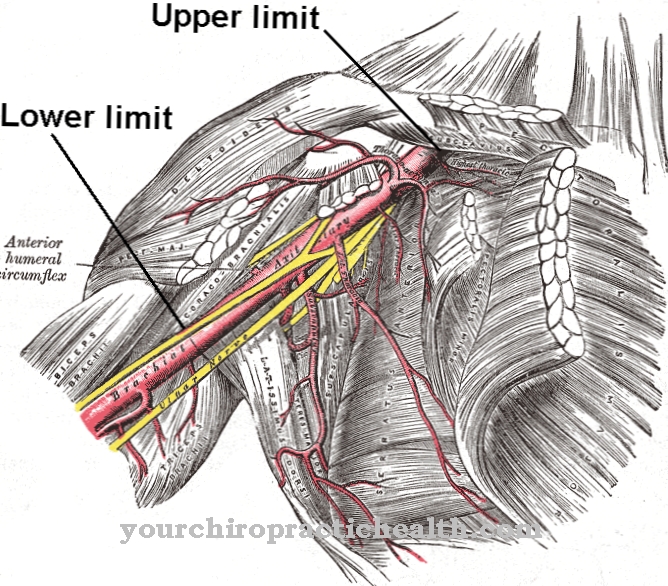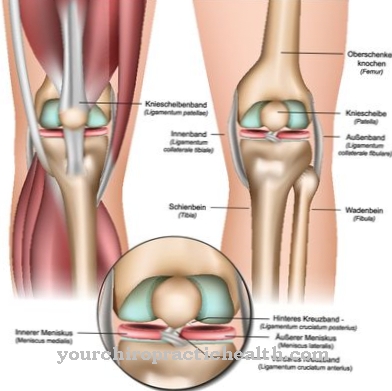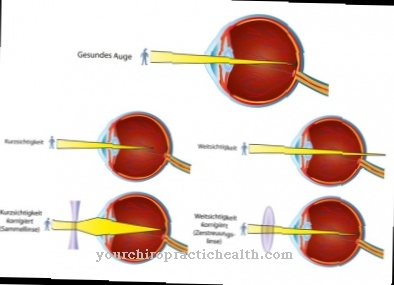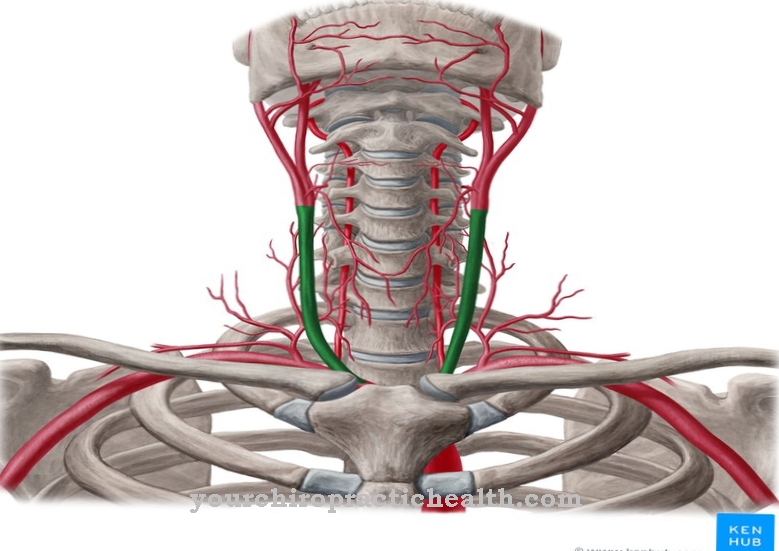A Proctologist is responsible for diseases in the rectum. These include serious illnesses such as Crohn's disease or colon cancer, but also diseases such as hemorrhoids or anal fissures, which are treated surgically or non-invasively by a proctologist.
What is a Proctologist?

A Proctologist is a specialist doctor with additional training in proctology and specializes in diseases of the large intestine and rectum.
The specialization therefore includes, in addition to general basic knowledge of surgery, additional knowledge of diseases of the lower digestive tract. In addition to colon cancer and serious inflammatory bowel diseases such as Cohn's disease or ulcerative colitis, the treatment area of a proctologist also includes bowel diseases that require minor surgical intervention such as hemorrhoids, cracks in the mucous membrane of the anus, rectal prolapse or fecal incontinence.
Some proctologists also treat pelvic floor disorders such as perineal hernia or rectocele. In order to acquire the necessary qualification, a completed basic medical degree and a specialist medical degree are required, in most cases specializing as an internist or gastroenterologist. For the title of proctologist, a further one-year course is necessary, numerous further training courses complement the qualification of the professional profile of proctologist.
Treatments
The range of treatments of a Proctologists involves procedures on the colon, rectum, and anus using a variety of procedures that have little or significant long-term effects on the patient.
In addition to prescribing medication (e.g. ointments), minor treatments, for example of hemorrhoids, can easily be carried out by interrupting the blood circulation (sclerosing). Growths and the formation of scar tissue in the rectum can lead to blockages that prevent the waste from draining. Other conditions such as ulcerative colitis and diverticulitis can cause perforations in the rectum. Surgical procedure performed by a proctologist is to create an opening from the inside of the body to the outside to remove body waste.
A colostomy involves pulling part of the large intestine through the abdominal wall, while an ileostomy involves removing all of the large intestine, rectum, and anus. Most colostomies and ileostomies performed by a proctologist are permanent. Temporary colostomies are used to recover and heal diseased sections of the intestine. In more modern laparoscopic surgery, the proctologist inserts tiny instruments through a small incision in the abdomen and controls them with a small camera.
Diagnosis & examination methods
Some diseases can be dated Proctologists can be treated using minimally invasive surgery. The proctologist determines whether an operation is necessary based on a comprehensive medical history, the severity of the pain and the results of various diagnostic tests.
Unless a visual inspection or palpation allows a diagnosis, procedures such as colonoscopy, sigmoidoscopy and radiological examinations can help to visualize the condition of the digestive tract. Gastroenterological radiology allows ulcers, cysts, polyps, diverticula (pouches in the intestine) or cancer to be identified by means of various X-ray examinations of the colon and rectum using a barium enema.
In sigmoidoscopy, a flexible tube with a miniature camera is inserted into the rectum so that the proctologist can examine the lining of the rectum and the last third of the intestinal tract, or remove tissue for a biopsy. This exam is one of the most important screening tests for colon cancer. A colonoscopy under the influence of an anesthetic enables the proctologist to examine the entire intestinal tract.
The proctologist also uses a miniature camera to examine the lining of the esophagus (gullet), stomach and duodenum during an endoscopy. Magnetic resonance tomography (MRI), both before and during an operation, is used by a proctologist to determine the exact location of the diseased tissue. In order to optimally prepare for an operation, a proctologist can also arrange for blood and urine samples or an ECG.
What should the patient pay attention to?
Due to the special intimacy of the affected area of the body, those affected often hide their complaints and only look for one late Proctologists on. As a rule, the treating family doctor will issue a corresponding referral to a suitable proctologist. These are either established in hospitals, proctological outpatient clinics or as independent doctors.
Ultimately, a patient will have to overcome their sense of shame in order to enable successful treatment. In this respect, the atmosphere in the practice and in the initial consultation with the proctologist should be consistent.




.jpg)












.jpg)







.jpg)


